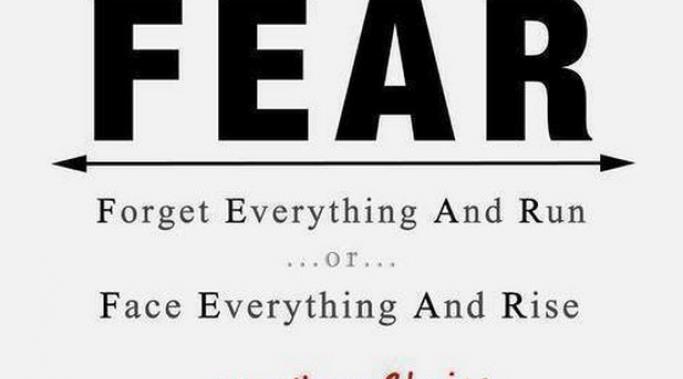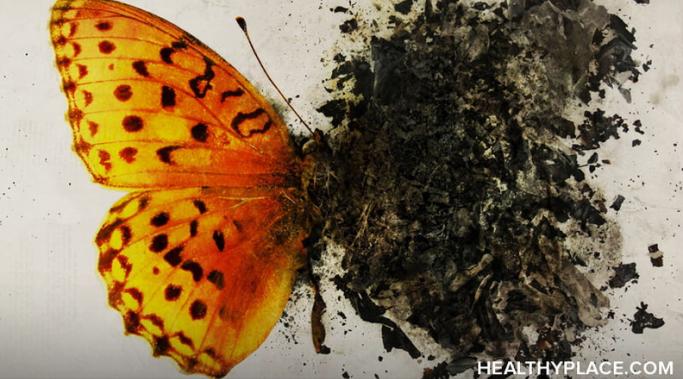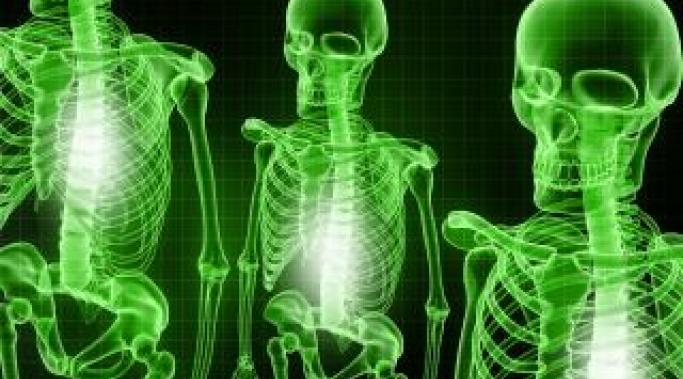How to treat PTSD by yourself is a tough process to discover. In fact, as someone who struggled with posttraumatic stress disorder (PTSD) for over 25 years, I can tell you from personal experience that you won't discover how to treat PTSD by yourself and reach 100% success. You will need the insight and training of professionals who have deep knowledge in processes that can ease the pain, soothe the memories, and release the fear. That having been said, there are many things you can do on your own to supplement the work you do with a professional, or to tide you over until you find the support you need.
PTSD Symptoms
Posttraumatic stress disorder (PTSD) recovery (and the actions it requires) often incites a lot of fear. It has to: creating change always takes you into uncharted territories that can make you question yourself. Frequently, the pain of facing difficult things, plus the exhaustion of attempting to break free from what’s controlling you will put you in situations that bring on a big feeling of “I can’t handle it.” This moment and feeling are the essence of fear in PTSD recovery and there are good reasons for feeling it.
Within five years of the start of my posttraumatic stress disorder (PTSD) symptoms I was deep into self-destructive food restrictions that caused me to drop an enormous amount of weight. My parents had tried to get me into therapy after my trauma but I flat out refused to discuss it. With the weight loss, they forced me to see eating disordered specialists, none of whom knew what to do with me. I wouldn't eat and I wouldn't talk. Back in the early 80s the clear connection between PTSD and eating disorders wasn't well documented or understood. Now it is and the data is clear: the link between PTSD and eating disorders is real and very common.
When I was struggling with posttraumatic stress disorder (PTSD) I didn't know how to describe what it felt like to others. How can you possibly express what it feels like to live with anxiety, depression, desperation, insomnia, nightmares, flashbacks, intrusive thoughts, suffocating memories, terrifying sensations, boiling rage or anger and the slew of other PTSD symptoms?
Rather than describe it I just isolated further and felt more and more alone -- and crazy. I didn't realize then that I wasn't alone in being stuck not knowing how to communicate my experience. I didn't know, at the time, how to define PTSD.
For anyone who experiences dissociation as part of the posttraumatic stress disorder (PTSD), (and this includes me during my PTSD years) you know how frustrating, embarrassing and uncontrollable it can be. Reducing dissociation in PTSD is something we all want.
Enormous and consistent stress on a body will always be evidenced in maladies. Symptoms of posttraumatic stress disorder (PTSD) cause many physical changes that frequently create medical issues. In my own PTSD experience, I developed significant digestive, immune, bone, hair and liver problems. Now, new research suggests PTSD might also cause type 2 diabetes.
In my own recovery from posttrauamtic stress disorder (PTSD), I came to see PTSD symptoms as a trauma addiction and this affected my self-esteeem. Let me explain.
My trauma happened in childhood and completely severed me from any healthy sense of self. Later, one of my biggest problems in recovery from posttraumatic stress disorder (PTSD) was this: I felt completely disconnected from who I had been before my trauma and who I had never had the chance to be because of my trauma. I grieved that lost girl and the woman she might have become. In fact, the grief I experienced was so vivid it felt like a jab in my soul. I resented that trauma had taken from me so many opportunities at the same time that it turned me into someone I neither liked nor completely understood.
Psychologist Helen Block Lewis said, "Guilt is about doing. Shame is about being." In fact, shame in PTSD recovery and otherwise is an emotion that is tied not to a specific behavior but instead to whom you feel you are deep inside. Most often it comes from an imagined defect in who you are. That's right, imagined. Trauma creates so many lies, myths and distortions it's easy to lose sight of fact and reality. That's when shame can really sink its teeth and start shaking you around.
Back when I was struggling with symptoms of posttraumatic stress disorder (PTSD) I was also struggling with mercury poisoning, chronic fatigue, fibromyalgia, Celiac Disease and suspected liver cancer. Sounds crazy, right?
How your body expresses the level of psychological stress in your mind is a very real and very treatable situation.








